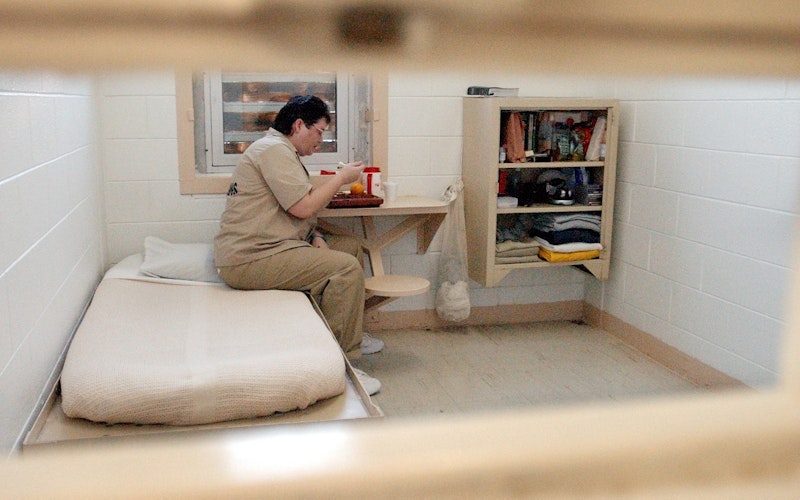
Culture At Large
Kelly Gissendaner and amazing grace
Amazing grace, how sweet the sound, that saved a wretch like me.
Kelly Gissendaner sang the words to “Amazing Grace” from an execution chamber in Jackson, Georgia, last month.
Gissendaner’s life had been drenched in the brokenness of the world. She endured an abusive stepfather, repeated rape, failed marriages and seemingly every other kind of wreckage a young life can encounter. In 1997, she convinced her lover, Gregory Owen, to get rid of her husband. Owen murdered her husband, Doug Gissendaner, with a club and a knife and together they hid the body and concealed the evidence.
Once arrested, they were both offered a plea deal of life in prison, as long as they didn’t seek parole for 25 years. Owen accepted the offer and Gissendaner rejected it. She then had two surprises. First, she was sentenced to death for the murder. Second, she found grace in Jesus Christ.
Kelly Gissendaner received no amazing grace from any earthly institution.
From all accounts, Gissendaner was radically transformed. Her life became dedicated to repentance and gratitude. She began a ministry called Struggle Sisters, beneficiaries of which have been released from prison and spoken about the formative impact she had on their lives. Gissendaner began to study theology and became a regular correspondent with Reformed theologian Jurgen Moltmann. Her final words were reported to be, “Bless you all. Tell the Gissendaners I am so, so sorry that an amazing man lost his life because of me. If I could take it all back, I would.”
Moltmann and Pope Francis were among those who asked for a reduction in Gissendaner’s sentence to life in prison. She received no amazing grace from any earthly institution.
I do not mean to speak broadly about the death penalty. That has already been done well elsewhere at Think Christian. I am simply writing about Gissendaner and our need for grace. All of us who have sung and understood “Amazing Grace” know that we are wretched sinners. Luke 7 tells the story of a woman who was a known sinner, yet who snuck into a meal Jesus was sharing with religious leaders. There she “stood behind him at his feet, weeping, and began to bathe his feet with her tears and to dry them with her hair.” This woman knew amazing grace. Gissendaner had every moment of her adult life shaped by her most public sin, but was convinced that was forgiven by Jesus Christ. She knew amazing grace too.
I am not a legal scholar, so maybe that is why I have a hard time seeing justice in Gissendaner’s death. The man who stabbed her husband in the neck until he was dead is still alive, yet Gissendaner is gone. Is this justice? Will the next woman who considers murdering her husband remember this execution, and be deterred? All I see is more brokenness. There was an opportunity for redemption, restoration and forgiveness – the exact work Jesus came to accomplish – but we as a society responded with more death. Maybe we should modify Romans 7 and paraphrase Paul this way: “Wretched people that we are! Who will rescue us from this culture of death? Thanks be to God through Jesus Christ our Lord!”
Topics: Culture At Large, Theology & The Church, Theology, News & Politics, Justice, North America